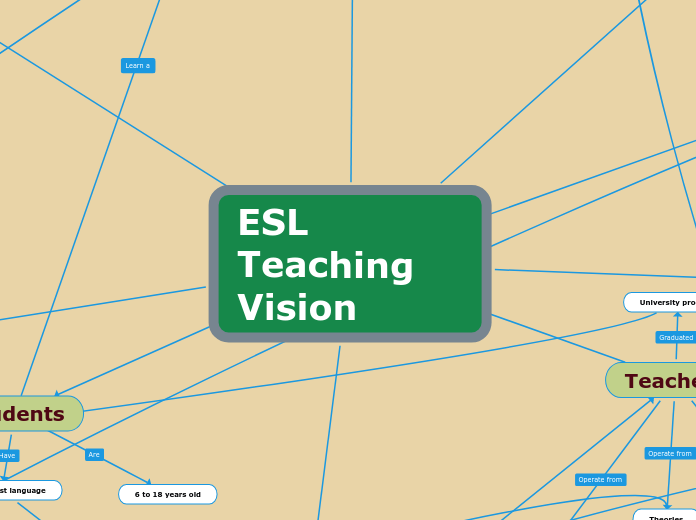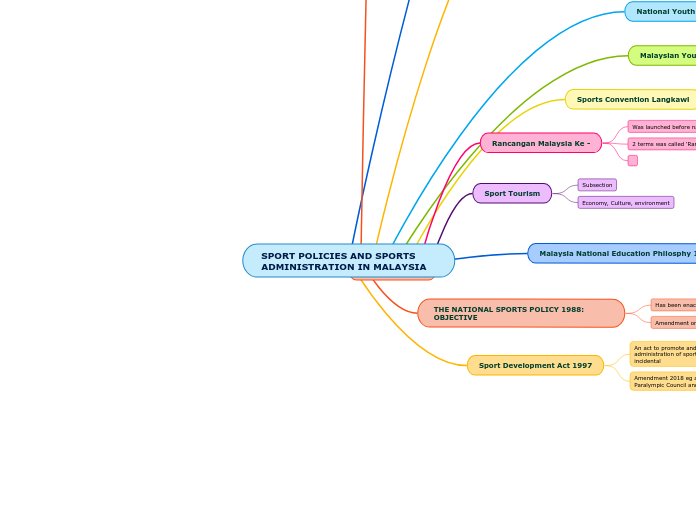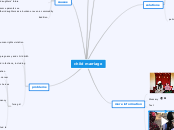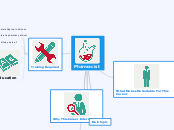Behaviorism
Specific stimuli
certain responses
John Watson
1878-1958
B.F. Skinner1904-1990
Free will
an illusion
Learning
Change in behaviour
New habits
attending behavior
Structured environment
Reward system
Good or bad behavior
240 Expressions
Camille Toupin-Vidal and Genevieve Leduc - November 2020
Differents competencies at the students
To a specialist
Once a week
Degree of respect and cooperation
Home room teacher
Everyday
Consequences the itinerancy reality of an ESL teacher
High schools
a ESL teacher
One high school
150-180 different students
Reconstructivism
Create a better civilization
Social involvement
Continually reform themselves
ESL Teaching Vision
Most of them
Francophone
6 to 18 years old
As their first language
Others languages but not English
Allophone
French
ESL teacher in Quebec
English
Second language
Programs
Guideline
Progession of Learning
Categories
Core Program
Enrichied Program
Levels
Secondary
Elementary
Community center
School boards /
Centre de services scolaires
Elementary schools
a specialists
Own classroom
More than one school
300 - 400 different students
Teaching Philosophy
University program
4 years
Assumptions
Theories
Beliefs
Existentialism
centered of the education
Carl R. Rogers
1902 – 1987
A person-centred
approach
Freedom in learning
Humanist approach
A positive vision of human beings
Human capacity
Facilitators
The uniqueness of each student
Themselves
Their world
Governance of the school
Questions
The opinions of others
Human beign
Free wil
Who they are
Focus on the individual
Education of the whole person
Develop positive self concept, self knowledge, self responsiblity, etc.
Progressivism
Classroom
For experiential learning
Photography or painting
room
Sciences labs
Cooking activities
John Dewey
1859 – 1952
All forms of learning
The whole person
Interest of learners
focus on the child
Cooperation work
We learn trough interactions
Students are problem solvers
Perennialism
Teamworks
Truths
Critical and independent thinkers
Unchanging, constant or perennial
Reading and analyzing the works
History's thinkers and writers over centuries
Dickens, Shakespeare, Socrate, Platon, Descartes ...
Their work survive after a long period of time
Emphasis on traditional education
Teachers
Essentialism
Schooling
Very practical
Become a productif member of society
Class have to be practical
Learners
Habits and knowledge
Good people
Hard work
discipline
Teacher
Traditional learning
Science and technologies
Teacher's Qualities
Creative
The life of the school
Authentic
Integrity
Passion for learning
Each student
Capable of success
Unique
The content taught
New approaches and methods
Each person in the class
Relationships
Learning an enjoyable adventure
In class decision making
How they teach
Teaching skills
Strategies from his environment
The Program
Colleagues
Bloom's Taxonomy
Levels of Knwledge
Metacognition
Procedural Knowledge
Conceptual Knowledge
Factual Knowledge
Types of knowledge
Principles and generalizations
Theories and structures
Methodology
Conventions
Specific facts
Terminology
Previously learned material
Remember
Reconize and recalling knowledge
Understand
The intended meaning of new information
Comprehension
Apply
Knowledge into operation
Application
Analyze
Methodically the structure of information
Analysis
Evaluate
The significance, worth, or quality of information or ideas
Evaluation
Create
Something new into existence
Synthesis
Multiple Intelligences
Interpersonal Intelligence
Meting new people
Working with others
Helping others
Naturalistic Inteligence
Like being outside
Camping, Hiking, Discover, Imagine, Explore
Related towards environmental issues
Recycling, Knowledge of the environment aroud them
Intrapersonal Intelligence
Understand their feelings
Know their strengths and weaknesses
Work Independently
Set goals and achieving them
Bodily-kinesthetic Intelligence
Capacity to transform elements
Use of the hands
Capacity to express themselves with the body
Dancing, Acting, Imitating gestures, Playing sports, etc.
Musical Intelligence
Facility wtih Learning Different Sound
Sing, Listening to music, Playing an Instrument, Composing music, etc.
Spatial Intelligence
Good Spatial problem solvers
Drawing, Painting, Reading maps
Linguistic Intelligence
Reading, Telling stories, Talking, Learning Languages
Logical-mathematical Intelligence
Problem Solver
Puzzles, Mysteries, Logic Exercices, Couting or doing calculations
Teaching pratices
Good communication Skill
Give clear and precise instructions
Give positive feedback
Act not react
Be humoristic
Closing lesson
Brain Break
Attention Level
Hooked
Stories
Quotes
Statistics
Facts
Recode
Informations
Memorization
Teaching Competencies
Professional development individually and with others
Skills to meet the needs of students
Reflexion
Ethical and Responsible Behavior
Set of moral principles, especially ones relating to a specified group
Form of conduct
Cooperate with school staff, parents and students
A relation
Parents
Emails, phone calls, agenda
English - the teaching subject
With the homeworks
Important collaborators
Students
School staff
Ideas and tips
teaching strategies
Projects
Activities
Reading materials
Essential
Professional relations with colleagues
Cooperate with coworkers
Exchange ideas with other teachers
Exercices
To integrate information and communications technologies (ICTs)
All communication technologies
Internet, Cell phones, Computers, Video-conferecing, etc.
Adapt teaching practice to the student needs
Knowing the student's strengths and weaknesses
Class managment
Variety of skills and techniques
Keep students organized, focused, attentive, and academically productive during a class
Evaluation of the student's progress
Identify areas of good practice and areas needing improvement
Professionalism
the conduct that characterizes a profession
Time Managment
The ability to use time effectively or productively
Language Awarness
How to use words in our learning materials, research language carefully
Knowledge
Facts, information, and skills acquired by a person through experience or education
Theoretical or practical understanding of a subject









